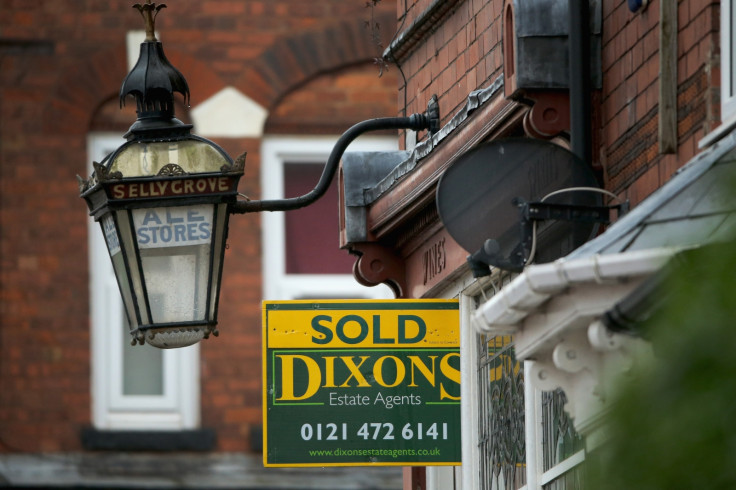London house prices growth hits five-year low amid sharp slowdown
Nationwide says house prices in London grew 1.2% in the second quarter, making it Britain's second-worst performing region.

London house prices rose at the slowest pace in five years in the second quarter, as they fell behind the rest of the country.
According to data released by Nationwide on Tuesday (1 August), prices in the capital grew 1.2% year-on-year in the three-month period, sharply down from the 5% in the previous quarter. The rate of growth was the lowest on record in London since 2012 and was also the second-lowest across Britain, only above the north-east and Cumbria which recorded a 1.1% rate of growth.
In the UK as a whole, prices climbed 2.8%, with the growth gap between the best and worst performing region at the narrowest level since 1974.
However, the difference in price showed no sign of closing, with the average London price standing at £478,142 ($631,804), compared with £125,237 in the north.
Despite the recent slowdown, house prices in the capital remain 56% higher than they were before the financial crisis, while in the rest of the country they are only 13% higher. Nevertheless, Nationwide noted a definite change in the pattern of Britain's housing market
"There has been a shift in regional house price trends," said Robert Gardner, Nationwide's chief economist. Price growth in the south of England has moderated, converging with the rates prevailing in the rest of the country."
In June, house prices grew 1.1%, bringing a three-month decline to an end, and momentarily cooling concerns the squeeze on household budgets was impacting the property market.
However, Gardner indicated it was not clear whether the rebound in June was due to buyers having fewer choices available due to a lack of properties coming onto the market or to healthy demand on the back of higher employment.
"Given the ongoing uncertainties around the UK's future trading arrangements, the economic outlook remains unusually uncertain, and housing market trends will depend crucially on developments in the wider economy," he said.
"In our view, household spending is likely to slow in the quarters ahead, along with the wider economy, as rising inflation squeezes household budgets. This, together with ongoing housing affordability pressures in key parts of the country, is likely to exert a drag on housing market activity and house price growth in the quarters ahead."
Nationwide added it expects house prices to grow 2% this year, compared with the 4.5% rate recorded last year.
© Copyright IBTimes 2025. All rights reserved.






















